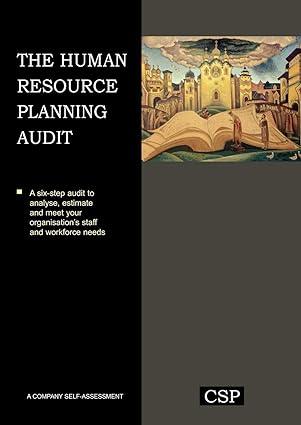Question
1. All the following are principles common to fiduciary relationships EXCEPT a) The fiduciary is under a duty to act for the benefit of the
| 1. All the following are principles common to fiduciary relationships EXCEPT a) The fiduciary is under a duty to act for the benefit of the other party to the relationship as to matters within the scope of the relationship. b) Traditionally, under common law, a fiduciary is under a duty not to delegate the performance of his or her own duties as fiduciary to a third person. c) As to matters within the scope of the relationship, the fiduciary is under a duty not to profit at the expense of the other party to the relationship. d) Once a person has been nominated to be a fiduciary, the person must act in a fiduciary capacity until discharged by the court. |
| 2. All the following statements concerning a will are correct EXCEPT a) It is irrevocable once executed. b) It is a legal instrument. c) It provides for the disposition of property at death. d) It takes effect after death. |
| 3. All the following statements concerning income taxation of estates and trusts are correct EXCEPT a) An estate is a separate tax-paying entity. b) A complex trust is a separate tax-paying entity. c) Income distributed by a trust to an income beneficiary of the trust is taxable to the trust. d) The executor or administrator of an estate is responsible for filing an income tax return. |
| 4. All the following are types of interests in property EXCEPT a) tenancies in common b) deeds c) life estates d) joint tenancies |
Step by Step Solution
There are 3 Steps involved in it
Step: 1

Get Instant Access to Expert-Tailored Solutions
See step-by-step solutions with expert insights and AI powered tools for academic success
Step: 2

Step: 3

Ace Your Homework with AI
Get the answers you need in no time with our AI-driven, step-by-step assistance
Get Started


